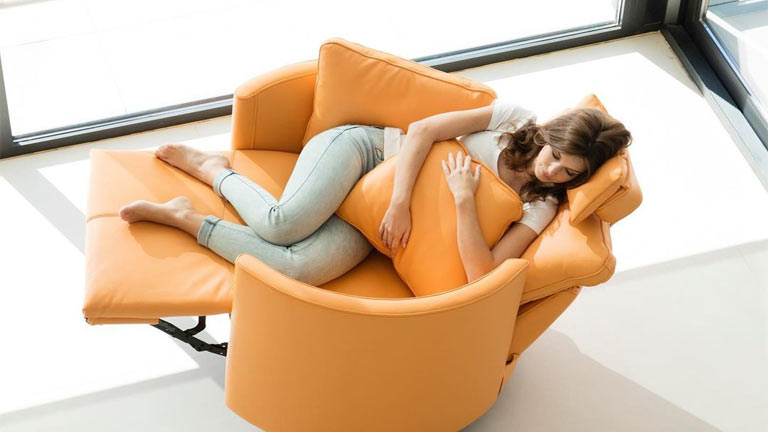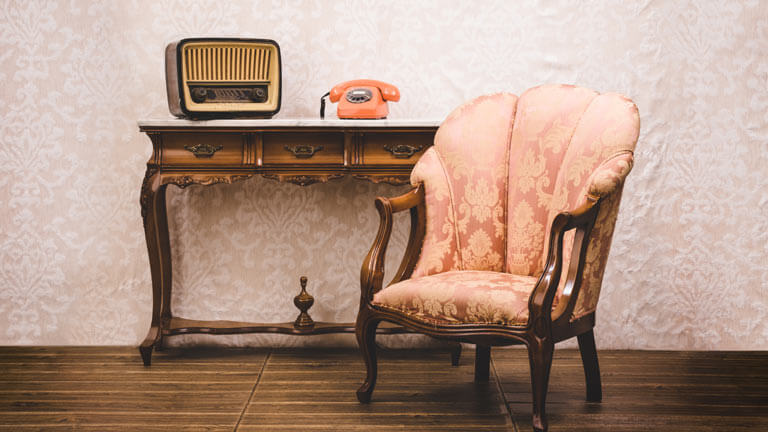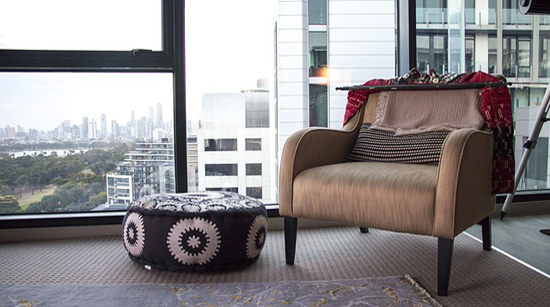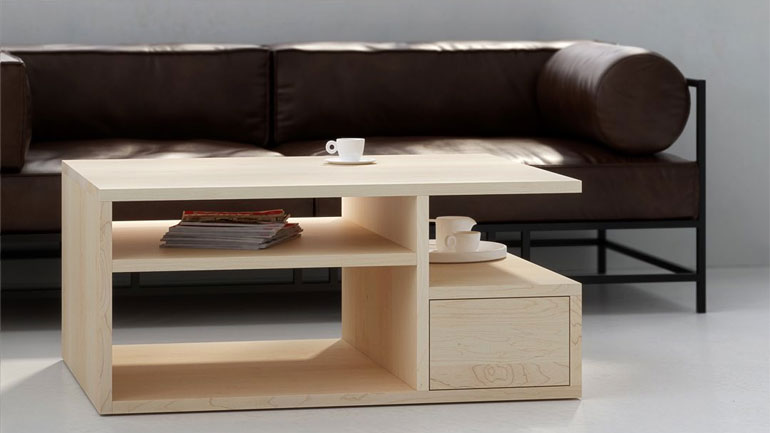
The question of whether it is safe to sleep in a recliner every day is a difficult one to answer. On the one hand, many people find that they are more comfortable sleeping in a recliner than in a bed.
This can be especially true for those who suffer from chronic back pain or other ailments that make it difficult to sleep in a bed. On the other hand, there are a few health and safety risks associated with sleeping in a recliner that should be considered.
Importance of sleep
Sleep is an essential part of life and is necessary for our physical and mental wellbeing. Getting a good night’s sleep can help us to concentrate better and think more clearly, improve our mood and reduce stress.
It also helps to regulate our hormones, which in turn helps to keep our immune system strong and functioning properly, so we can better fight off illness. Studies have even shown that getting enough sleep at night can lower our risk of developing serious health conditions such as heart disease, stroke, and diabetes. All in all, sleep is an important part of our health and wellbeing, and it is essential that we make it a priority in our daily lives.
Spinal misalignment
One of the primary concerns associated with sleeping in a recliner is the potential for spinal misalignment. When sleeping in a recliner, your body is in an unnatural position, which can cause your spine to become misaligned.
This can lead to chronic back and neck pain, as well as other medical issues. It is also important to consider the fact that recliners are typically not designed to support the body in the way that a bed is, and so the potential for spinal misalignment is even greater.
Pressure Sores
Another risk associated with sleeping in a recliner is the potential for developing pressure sores.
When you sleep in a recliner, your body is not able to move around and redistribute pressure like it would in a bed. This can cause your body to develop pressure sores in areas that are in contact with the chair. These pressure sores can be painful and difficult to treat.
Quality of sleep
Finally, it is important to consider the fact that sleeping in a recliner every day can lead to a decrease in the quality of sleep. This is due to the fact that recliners are not designed to provide the same level of support and comfort as a bed.
As a result, you may find that you are not able to fall into a deep sleep, or that you are easily disturbed during the night. This can lead to a decrease in energy levels and productivity during the day, as well as an increase in fatigue.
Heart Problems
One of the potential risks associated with sleeping in a recliner is the possibility of developing heart problems. Studies have found that people who sleep in a recliner are more likely to suffer from cardiovascular issues, such as high blood pressure and irregular heartbeats.
This is due to the fact that recliners are not designed to provide the same level of support and comfort as a bed, and so your body is not able to move around and redistribute pressure like it would in a bed. This can lead to a decrease in oxygen levels in the body, which can ultimately increase your risk of developing cardiovascular issues. Therefore, it is important to be aware of the potential risks of sleeping in a recliner on a regular basis.
Sciatica
Many people who suffer from sciatica find that sleeping in a recliner can be beneficial in reducing their pain and discomfort. This is because recliners are able to provide support for your back and hips, which helps to reduce the pressure on the sciatic nerve.
Additionally, recliners are typically adjustable, so you can customize the angle of the recliner to best suit your needs. For those with sciatica, sleeping in a recliner can provide relief from pain and discomfort, allowing them to get a better night’s rest.
What pregnant women should know
Sleeping in a recliner can be a great option for pregnant women, as it can provide additional support and comfort throughout their pregnancy. Many recliners are adjustable, so they can be easily adjusted to provide support for the back, hips, and stomach.
This can help to reduce back pain, and pressure on the hips, and even help to reduce the risk of stillbirth. Additionally, recliners are typically more comfortable than a bed, allowing pregnant women to get a better night’s sleep and have more energy throughout the day. For pregnant women, sleeping in a recliner can be an excellent way to get the additional support and comfort that they need.
Conclusion
Overall, it is important to consider the potential health and safety risks associated with sleeping in a recliner every day.
While there are some people who may find it more comfortable than sleeping in a bed, the potential for spinal misalignment, pressure sores, and a decrease in the quality of sleep should be taken into consideration.
Ultimately, it may be best to alternate between sleeping in a bed and sleeping in a recliner in order to ensure that you are getting the best rest possible.




